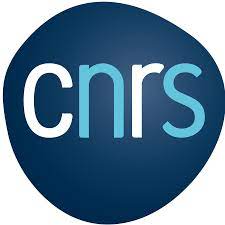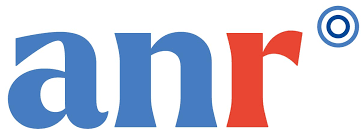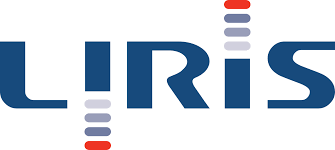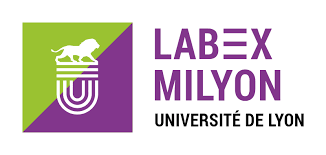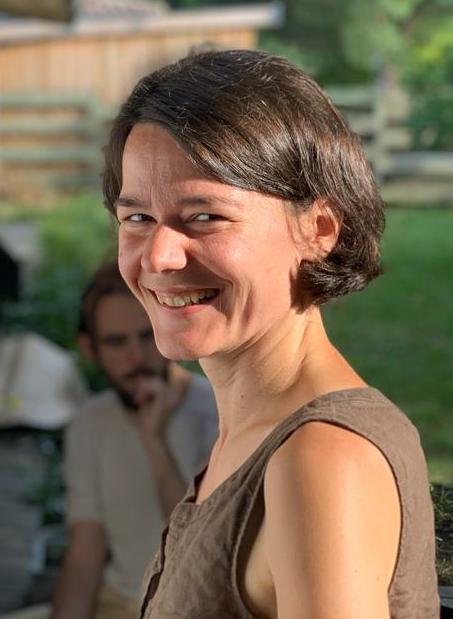
Marthe Bonamy
Marthe Bonamy is a CNRS researcher at the University of Bordeaux since 2015. She is interested in structural and algorithmic graph theory, with a special fondness for old but simple questions that remain elusive. One of her long-term research obsessions lies in the field of combinatorial reconfiguration. She was invited speaker at several international events, including the Cracow Conference on Graph Theory 2018, CanaDAM 2019, British Combinatorics Conference 2021, Discrete Mathematics Days 2022, and MFCS 2023.
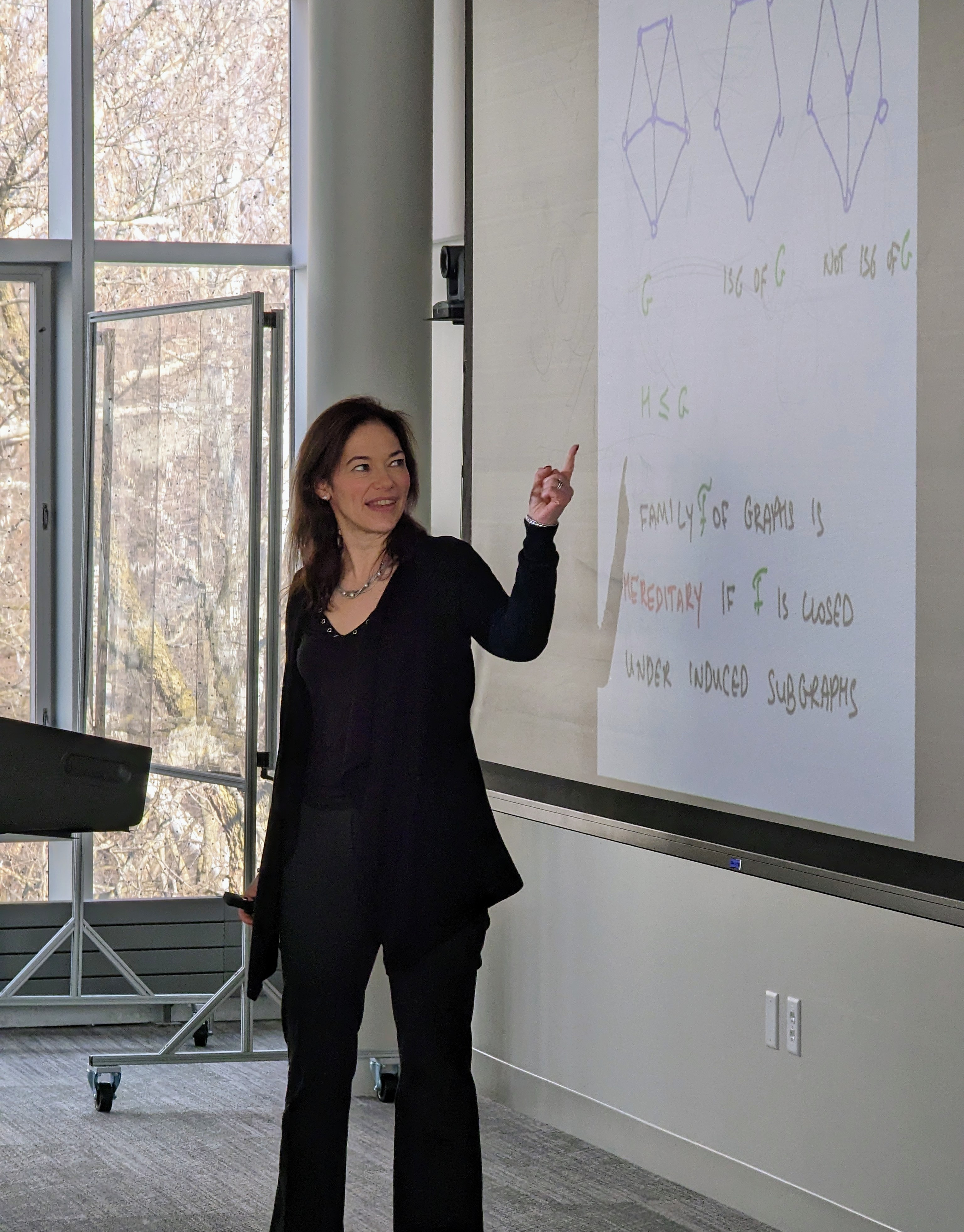
Maria Chudnovsky
Maria Chudnovsky received her PhD in 2003 from Princeton University, where she currently is a professor. Her research interests are in graph theory and combinatorics. She was part of a team of four researchers that proved the strong perfect graph theorem, which won them the prestigious Fulkerson prize in 2009. In 2012, Dr Chudnovsky received the MacArthur Foundation Fellowship, and in 2014, she was an invited speaker at the International Congress of Mathematicians.
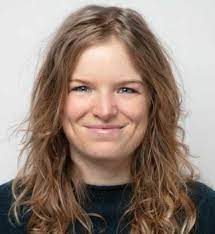
Manuela Fischer
Manuela Fischer is a lecturer at the department of Computer Science at ETH Zurich. Prior to that, she was a postdoctoral researcher at Reykjavik University in the group of Magnús M. Halldórsson. She did her PhD at the Institute of Theoretical Computer Science in the Computer Science department of ETH Zurich, advised by Mohsen Ghaffari, where her research was supported by a Google PhD Fellowship.
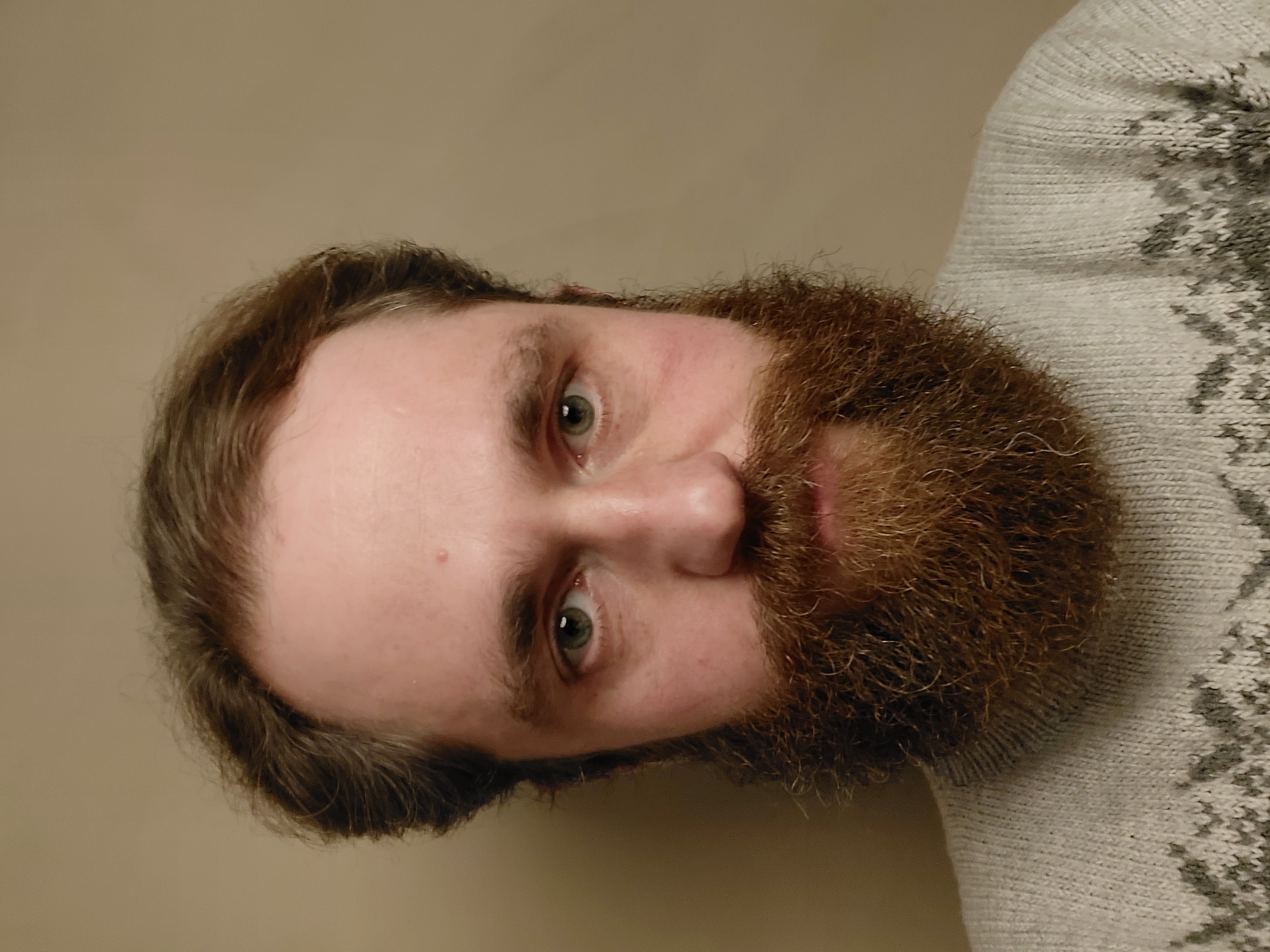
Marcin Pilipczuk
Marcin finished his PhD in 2012 at University of Warsaw. He spent a year in Bergen and Warwick as a postdoc, and recently spent a year in Copenhagen on sabbatical. His main research interests are in graph algorithms, especially parameterized algorithms and algorithms for sparse graph classes, as well as structural graph theory.
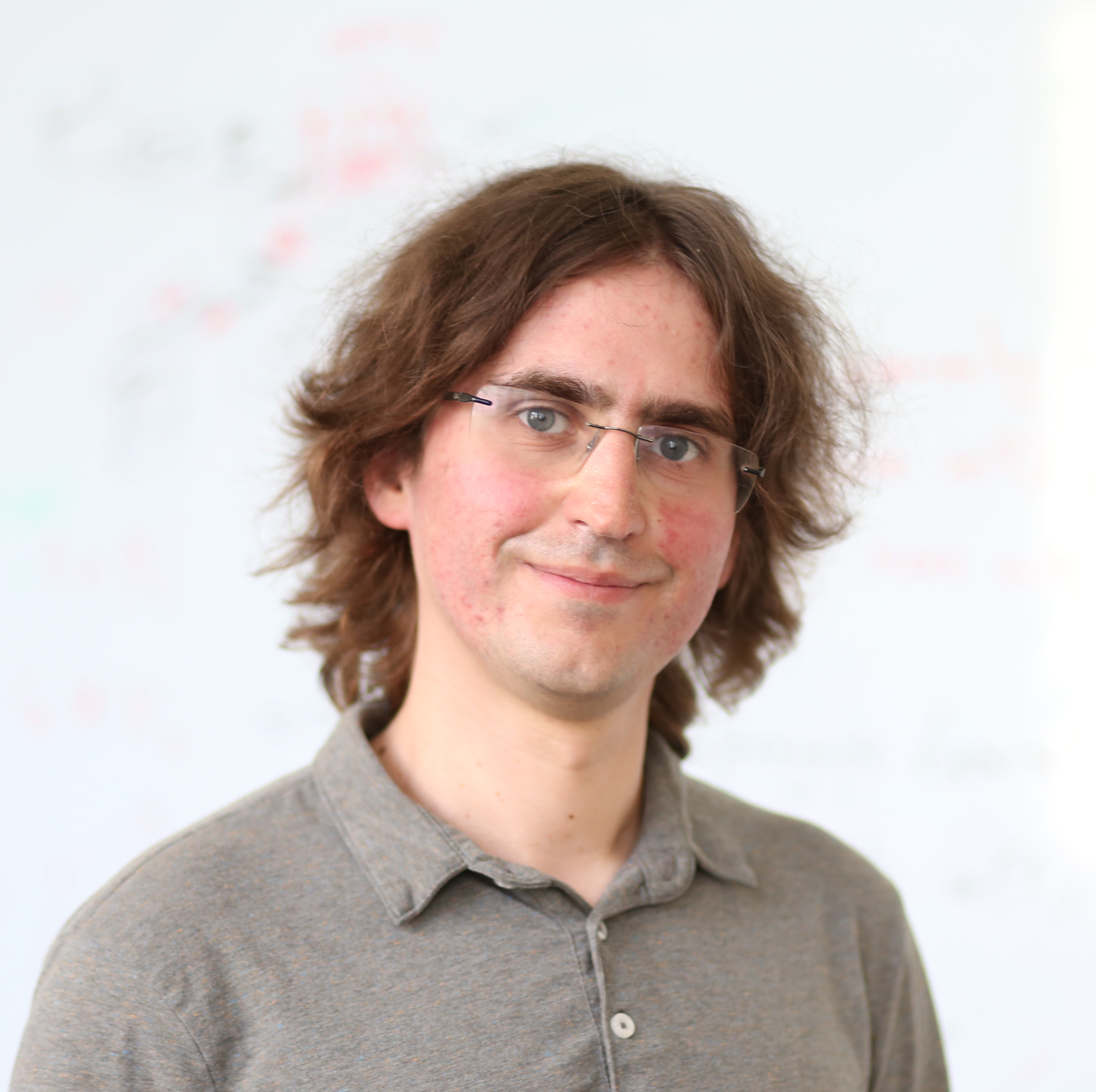
Michał Pilipczuk
Michał Pilipczuk is a researcher in the Institute of Informatics of the University of Warsaw, to where he moved in 2014 after completing his PhD at the University of Bergen. While his original background lies in parameterized algorithms, currently he works on all kinds of questions in structural graph theory and its algorithmic applications, with a particular focus on connections with logic and (not always finite) model theory.
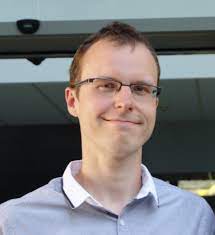
Paweł Rzążewski
Paweł Rzążewski completed his PhD at University of Warsaw in 2015. Currently he is a researcher at Warsaw University of Technology and University of Warsaw. His professional interests include many aspects of structural and algorithmic graph theory, especially algorithms for various graph colorings problems.
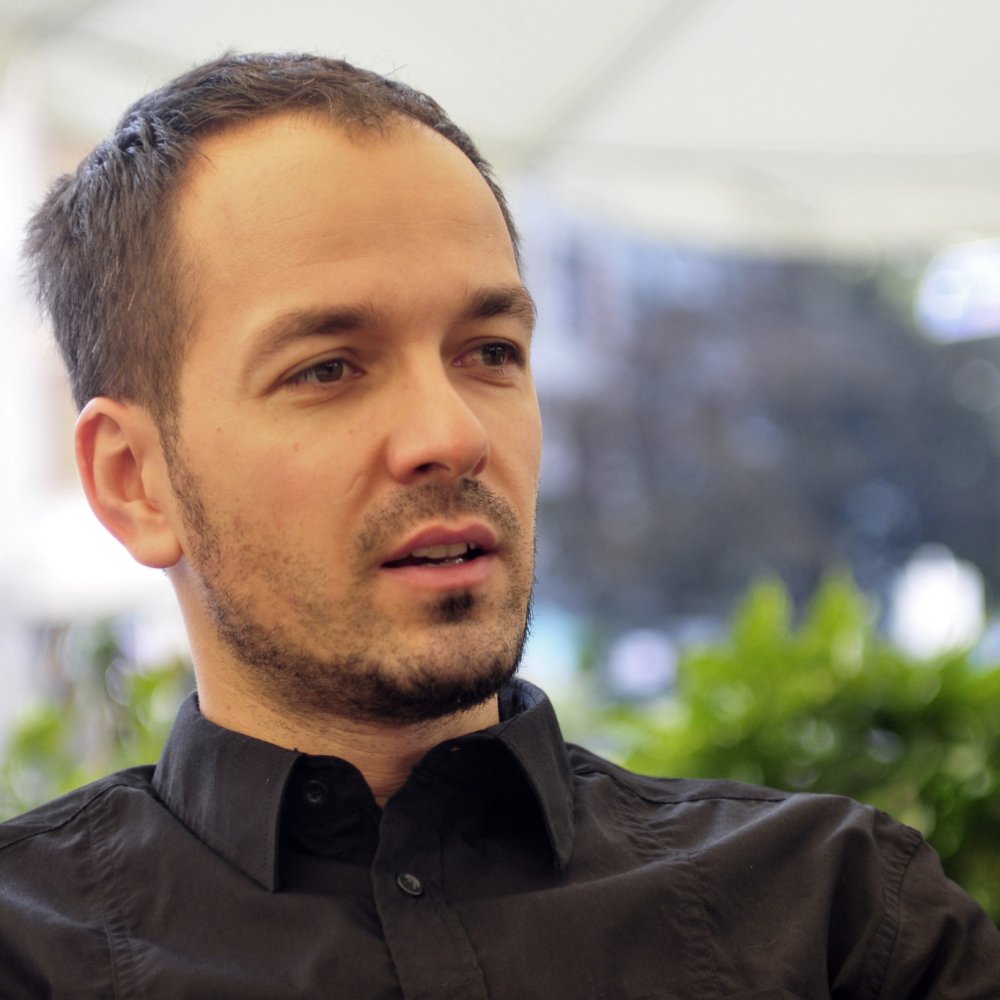
Miloš Stojaković
Miloš Stojaković received his PhD from the Swiss Federal Institute of Technology (ETH) in Zurich in 2005, and currently he is a professor at the University of Novi Sad. In 2008 he received the "Dr Zoran Đinđić Award", awarded yearly for the best young scientist by the Provincial Secretariat for Science of Vojvodina. His scientific fields of interest include positional games, discrete and computational geometry, discrete random structures, combinatorial algorithms and graph theory.
Scientific program:
The school will have the following classes, given in English.- Width parameters (full day)
- Forbidden Induced Structures (full day)
- Coloring (full day)
- Distributed Graph Algorithms (half-day)
- Games on Graphs and Hypergraphs (half-day)
The themes have been chosen as both classical and currently very active.
Schedule (this will become more specific, but here is the general idea):
The participants arrive on Sunday 12th May in the afternoon or evening. On Monday, Tuesday, Thursday, there are classes both in the morning and afternoon (around 6h30 per day).On Wednesday, we only have classes in the morning, and have a hike (of course, optional) in the afternoon. On Friday 17th, there are only classes in the morning, to allow participants to comfortably travel back home. The school officially ends with Friday's lunch.
Registration (now closed):
The full board at the Paul Langevin Center will be booked for you, and you will be asked to pay during your stay in Aussois. Count 420€ if you go with a twin room, and 500€ if you go with a single room. Note that there is no registration fee for the school, thanks to our generous sponsors.Social Event:
We will have a hike, tentatively, Wednesday afternoon.Probably we will make two groups: one shorter and one longer expeditions.
Travel information:
The center is 8 kilometers away from Modane train station, which is accessible from Chambéry. If you fly to Lyon, Grenoble, or Geneva, you have regular train connections to Chambéry.Modane–Aussois is a 15-minute taxi ride.
Please indicate your departure and arrival times.
Organizers:
Marthe Bonamy, Édouard Bonnet, Marie Bozo, Laurent Feuilloley, Aline Parreau, Laure Savetier, and Rémi Watrigant.Sponsors:
